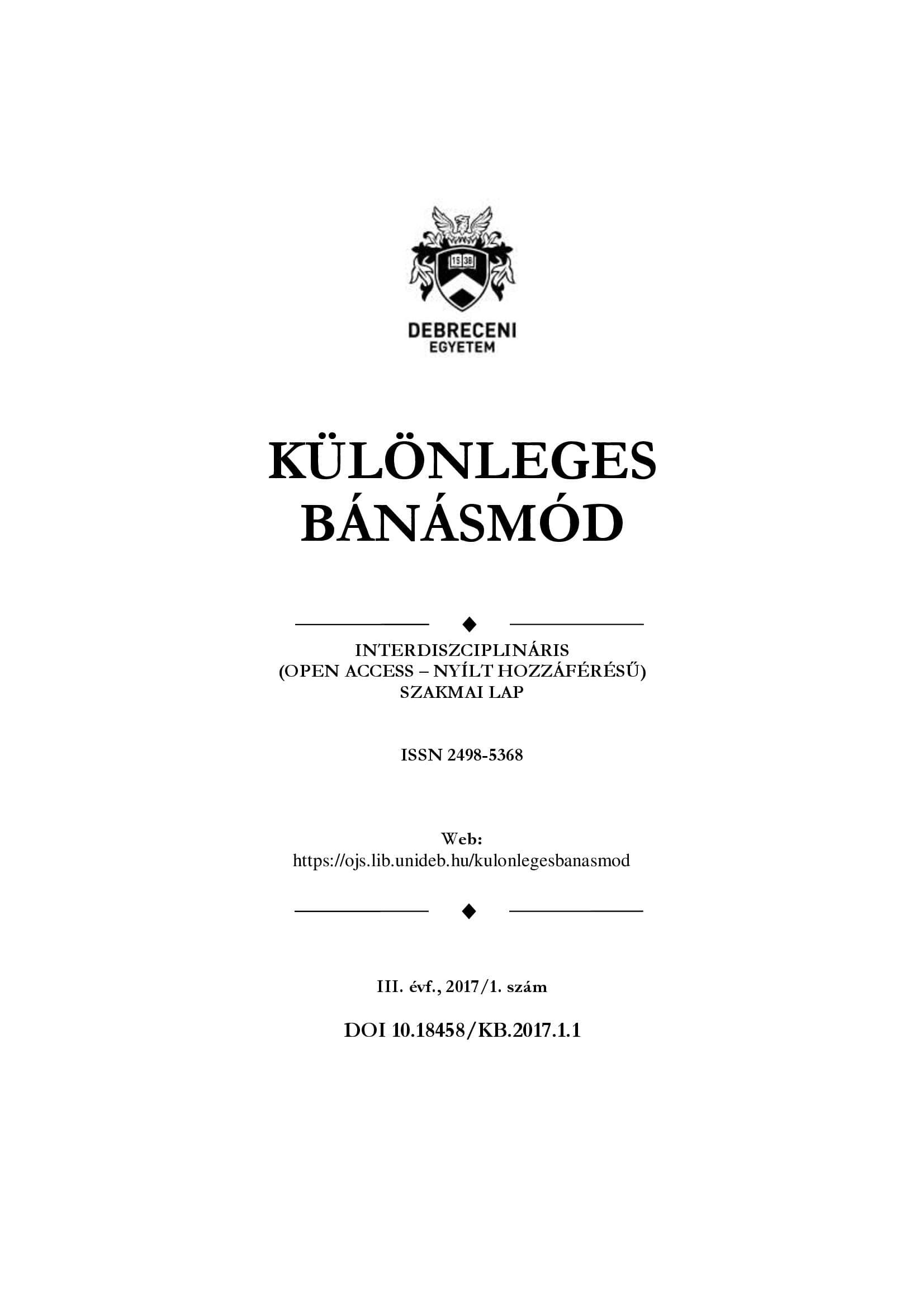FACTORS OF PARENTAL INVOLVEMENT IN RELATION TO CHILDREN’S BEHAVIORAL SYMPTOMS
Authors
View
Keywords
License
Copyright (c) 2017 2017

This work is licensed under a Creative Commons Attribution-NonCommercial-NoDerivatives 4.0 International License.
How To Cite
Abstract
In our study, the features of contact between parents and teachers and the particular patterns they take were examined in connection with children’s behavioral symptoms. With cluster analysis, seven clearly analyzable patterns of contact were identified, the two most frequent of which (unifacial and formal) do not favor problem solving, nor provide parental satisfaction.
Two patterns (flexible and adaptive) proved to be the most satisfying and the most effective. Children’s symptoms (social problems, anxiety, somatization, attention deficit, deviant behavior, aggressivity) are significantly related to the quality of parent-teacher contact. In the case of the less favorable and less effective contact forms, parents report more behavioral symptoms, while in the case of the flexible, adaptive, emotionally satisfying, and effective problem-solving contact forms, there are fewer symptoms. These results draw attention to important tasks on many levels: to work out operable patterns of parent-teacher contact, to better understand the role and tasks of teacher training, and the need to involve experts to assist in developing parent-teacher contact, which is also indispensable in terms of helping and developing children and their mental health.


 https://doi.org/10.18458/KB.2017.1.7
https://doi.org/10.18458/KB.2017.1.7